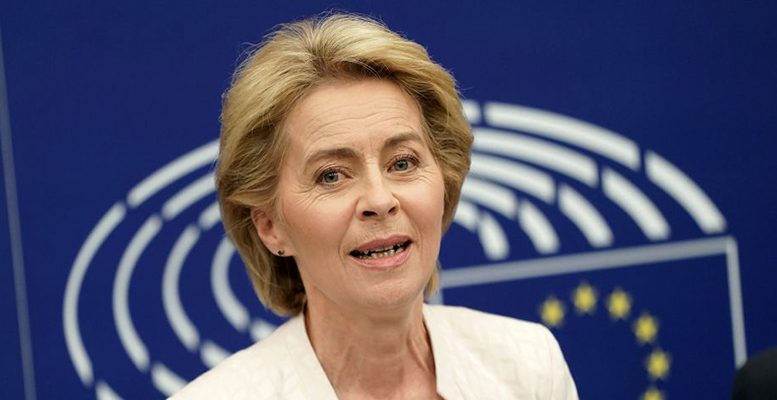BBVA Research | European Commission proposals (here) to mitigate the impact of electricity price inflation on households disposable income and business costs must consider how they affect security of supply and decarbonization.
Key points
• While what is ultimately approved remains to be seen, the demand reduction target through saving incentives, above all at peak hours when gas comes into the market and determines prices, is extremely positive.
• There is also a proposal to redistribute the outcome from the power market through a cap on the revenues of companies that are producing “lower cost” electricity and a tax on “higher cost” electricity (fossil fuels, and not only for electricity), so they can benefit households and SMEs.
• This is commendable and particularly effective to the extent that : i) the support is directed to vulnerable households and exposed companies; and ii) the solidarity contributions and caps on revenues do not jeopardize long-term profitability, and whit it future investment decisions to decarbonize.
• What’s next after the emergency? First, interconnection capacity between national electricity markets must be expanded so we can truly get to a single European electricity market.
Europe | Price Cap On Power





